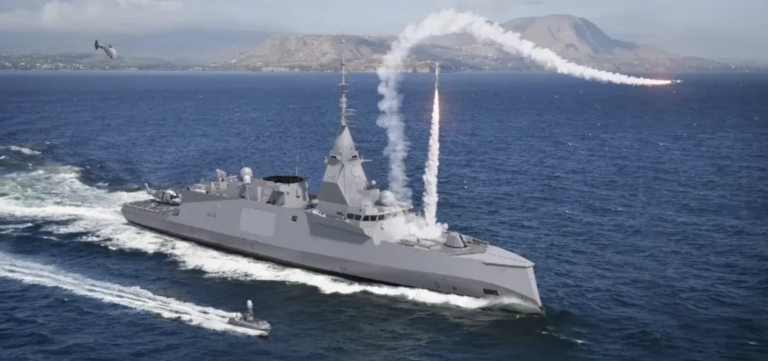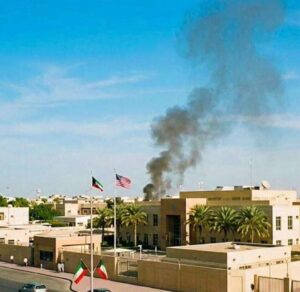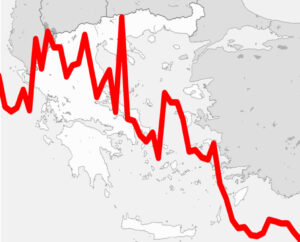Greece is in a better position for this coming winter than it was last year, as a national threat assessment report for the coming winter does not indicate a significant lack of natural gas supplies in the country, Deputy Environment and Energy Minister Alexandra Sdoukou said in Warsaw on Thursday.
At the Energy Security Conference (September 13-14), Sdoukou said that the assessment was based on a threat evaluation by the Regulatory Authority for Industrial Waste, Energy, and Waters, which in turn was based on simulation projections.
In addition and compared to last year, the new lignite unit in Ptolemaida V (660 MW) is in operation this year, while the commercial operation of the new floating LNG station in Alexandroupolis will be able very soon to guarantee the natural gas reserves both for the Greek market and for the Balkan market.
The conference focused on the European Union’s preparation for the coming winter in terms of energy supply and demand, infrastructure resilience, emergency mechanisms and strategies to manage threats, while other issues like an energy glut and energy diversification in Southeastern Europe were also discussed.
Sdoukou said that the demand for natural gas between August 2022 and March 2023 dropped by 31% compared to the same period in 2022, and by 18.2% compared to the average of the last five years. Greece also reduced its dependence on Russian natural gas form 40% to 20%, she added.










